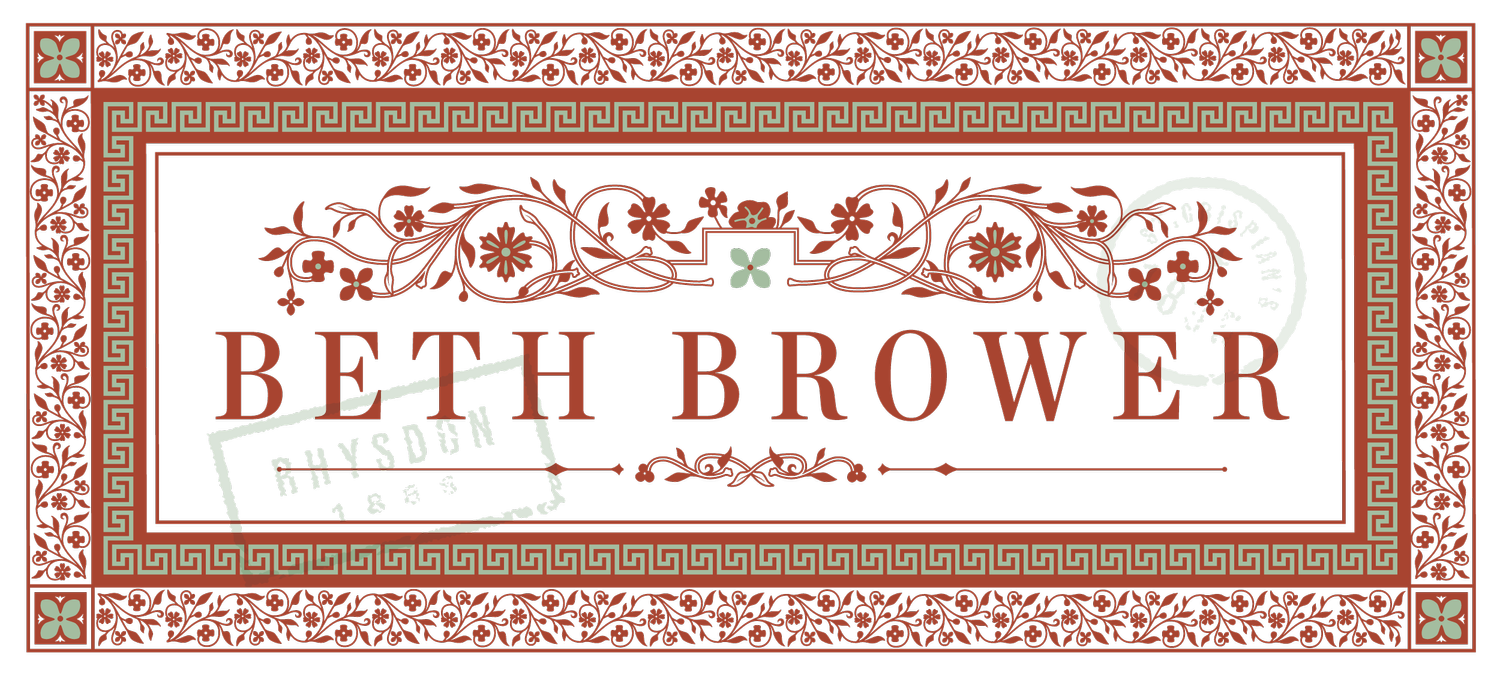Let's Talk About This Quote
A few months ago I was down at the bookstore of a local university (Go Cougars!). I love stopping by because they have a discount section of left over books. Left over books being: the small stack of books left over from a professor's required reading list. They sell the books on a discount. Yay for that!
When I was there, I ran across a book called Why I Read : The Serious Pleasure of Books by Wendy Lesser. Obviously, it came home with me and went into my TBR stack, residing there happily. The other day I picked it up and read the prologue and began the first chapter. Oh My Wonderful Day. I'm sold. Just on the prologue alone. To say nothing of the Henry James quote in the first chapter on Character and Plot. In this book Wendy Lesser tackles readers and reading, and why the former does the latter, and why it is such a rich, varied, soul-stirring experience. And much more, from what I gather. Needless to say, I am going to relish this read.
"Some of my most memorable conversations have occurred in mute communion with absent authors."
A thrill ran through me upon reading these words. The thrill of recognition. Of understanding. Of knowing that I too could claim those words as part of my own experience. That I have also spoken with and counseled with and argued with and measured with minds from my own time and times past. That I have held that 'mute communion' with men and women whose words, set down on pages and bound into books, reside not only with me but in me. In another form, it is a notion I have marveled at myself. And thinking upon the quote yesterday, I wondered anew.
I thought of my copy of Cicero's Letters to His Friends, sitting in a tower of books beside my desk. (And then there's Cicero's Letters to His Friends Volume II. My friends receive very few letters. Good for Cicero.) Here is the correspondence of a Roman statesman, stacked between Madeleine L'Engle's Two-Part Invention and Alistair MacLeod's Island, and I have casually been working my way through it as if his letters were a plate of cookies. What a wonderful seam in the apparent gap of history. By my act of reading his letter to Titius, the walls of history are breached, and we find ourselves traveling the same road. What some of his words mean to him and what they mean to me are, unavoidably, different, but other expressions feel as if the meaning must be the same. He reads of how difficult it is to be separated from family, and I say, 'Cicero! I know this too. And the way you said it plucks the string in my own heart.' For a moment I am standing beside this Roman orator thinking of all he left in Rome and we understand the sacred space of our shared experience. (Yes, with Cicero there is a translator involved, but I'll allow for a third party. It isn't too much of a crowd.)
And what of the authors whose books I read and reread and reread again? Their actions reverberate through mine. My experience widens in a way that could never have happened before. We never would have met, or crossed paths, but here I sit with a shelf of Eva Ibbotson's books, the direct beneficiary of years of hard work and life and knowing and not knowing, and figuring out what that looked like on paper before her. And I take it up and consider and look and bring my own colors to the art before me, and reconsider, and figure out it out for myself.
My reading of For Whom The Bell Tolls was a vigorous conversation between me and Robert Jordan and Earnest Hemingway. Oh boy, did we go the rounds. Hemingway's voice came so loudly off the page I couldn't help but engage. We talked and argued, yes, we did, and dismissed and looked again, and sometimes Hemingway whispered (NOT VERY OFTEN, MIND YOU) and we could hear this whisper in the burdened shoulders of Robert Jordan and feel of Rabbit's shorn hair beneath our hands, and looked at each other and agreed on the mutable beauty. Or perhaps it was immutable beauty? Or perhaps it was both.
What a triumph, this legacy of words.
Those have been my thoughts this morning. What about you? What does this quote make you think of? Who is it that you absent authors have you communed with?
Cheers,
Beth

